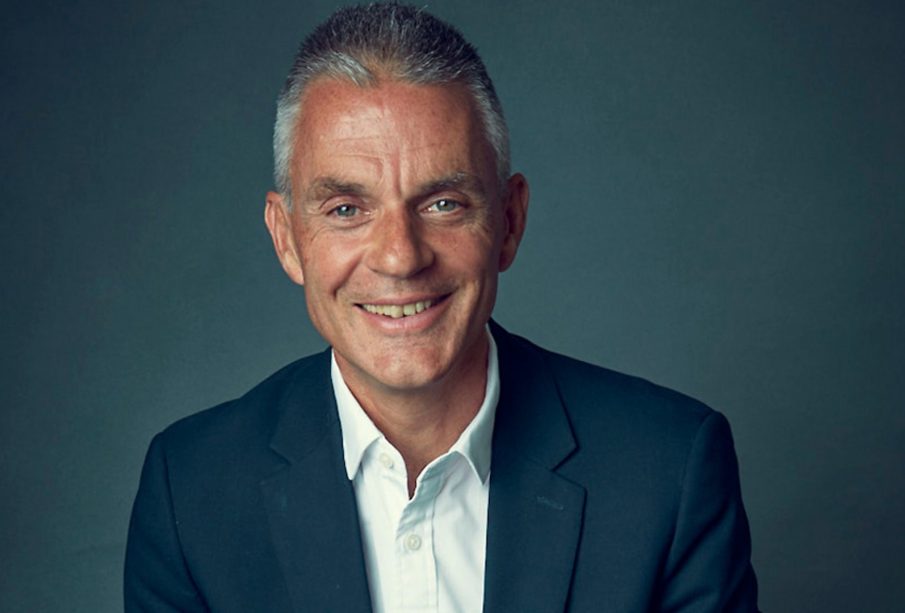Tim Davie: The Visionary Behind BBC’s New Strategies

Introduction
Tim Davie, the Director-General of the British Broadcasting Corporation (BBC), is a pivotal figure in the broadcasting landscape.
His leadership comes at a crucial time as the BBC navigates changes in media consumption and funding models, while striving to maintain its position as a public service broadcaster. This is especially important as the relevance of traditional media faces challenges from streaming services and audience fragmentation.
Leadership and Initiatives
Appointed in September 2020, Davie has initiated several key strategies aimed at modernising the BBC. One of his major projects has been the introduction of a new operating model that focuses on digital-first content. This shift is a response to the growing trend of viewers consuming media on platforms like iPlayer and YouTube, rather than traditional television.
In 2023, the BBC announced a significant push towards enhancing its online offerings, including more interactive content and live streaming options for its radio services. This move aligns with Davie’s vision to make the BBC more accessible to younger audiences who prefer on-demand viewing.
Addressing Funding Challenges
Davie’s tenure has not been without its challenges, particularly regarding the BBC’s funding model. In recent years, the debate surrounding the licence fee has intensified, with various political factions calling for reform. Davie has maintained a stance advocating for the continuation of the licence fee as essential for the financing of public broadcasting. In 2023, he noted that public support for the BBC remains high, as it continues to be a trusted source of news and information.
Future Directions
Looking ahead, Tim Davie’s agenda includes further expanding the BBC’s global footprint. Under his leadership, the BBC has already ventured into developing partnerships with international media outlets and increasing its presence in emerging markets. This international strategy aims to promote the BBC’s core values of impartiality and quality journalism globally.
Conclusion
Tim Davie’s leadership at the BBC represents a crucial phase in the corporation’s history. As media landscapes evolve, Davie’s commitment to innovation, coupled with his emphasis on traditional values of public broadcasting, is anticipated to shape the future of the BBC significantly. His ongoing efforts to balance modernisation with public service responsibilities will be closely watched as the corporation navigates the complexities of the digital age.









